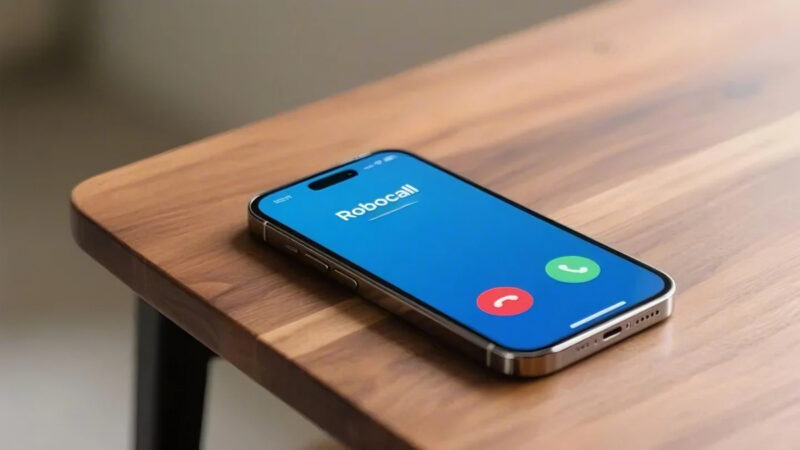- Lemberg Law
- What is the Telephone Consumers Protection Act?

Unwanted robocalls, spam texts, and junk faxes aren’t just annoying, they’re often illegal. The Telephone Consumer Protection Act (TCPA) is a federal law that protects you from these intrusions and gives you the right to fight back.
If you’re receiving calls or messages you never asked for, Lemberg Law is here to help. We’ve handled thousands of TCPA cases across the country and you pay nothing unless we win.
What Is the TCPA?
The TCPA is a federal law passed in 1991 to restrict the use of auto-dialing systems, prerecorded voice messages, unsolicited faxes, and telemarketing. It sets rules for how and when businesses can contact you.
The law covers:
- Robocalls to your landline or cell phone
- Text messages sent without your consent
- Junk faxes sent to your home or business
- Telemarketing calls to numbers on the Do Not Call Registry
Learn more: What Is the TCPA Summary
How the TCPA Protects You
The TCPA gives you control over who can contact you and how. It prohibits:
- Calls or texts made with an auto-dialer without your consent
- Prerecorded voice messages sent to your phone
- Faxes sent to you without prior permission
- Marketing calls made to numbers on the Do Not Call Registry
- Continuing to contact you after you’ve asked them to stop
Know your rights: How to Protect Your TCPA Rights
Common TCPA Violations
You may have a claim if you’ve received:
- Robocalls from financial institutions and debt collectors
- Marketing text messages from companies you never authorized
- Calls from subprime lenders or debt collectors using auto-dialers
- Junk faxes promoting products or services without consent
Learn more:
What You Can Do If Your TCPA Rights Are Violated
If you’re dealing with robocalls, spam texts, or junk faxes, don’t just ignore them. You can take action:
- Save the evidence. Record dates, times, phone numbers, and messages.
- Revoke consent. Tell the sender to stop contacting you.
- File a complaint. You may be entitled to compensation.
Helpful resources:
What You Can Recover
The TCPA allows you to recover money for each illegal call or message you receive:
- $500 per violation
- Up to $1,500 per willful violation
- No legal fees unless you win
How Lemberg Law Can Help
We’ve helped over 40,000 consumers across the country stop illegal communications and recover damages. Our legal team understands the TCPA and knows how to take on robocallers, spam texters, and shady marketers.
- You pay nothing unless we win
- We handle everything for you
- We take fast legal action to stop unwanted contact
Get a Free Case Review Today
You don’t have to deal with robocalls or spam texts alone. Let our team review your case for free and help you stop the harassment.
Contact Lemberg Law now for a no-cost consultation. We’re ready to stand up for your rights.
